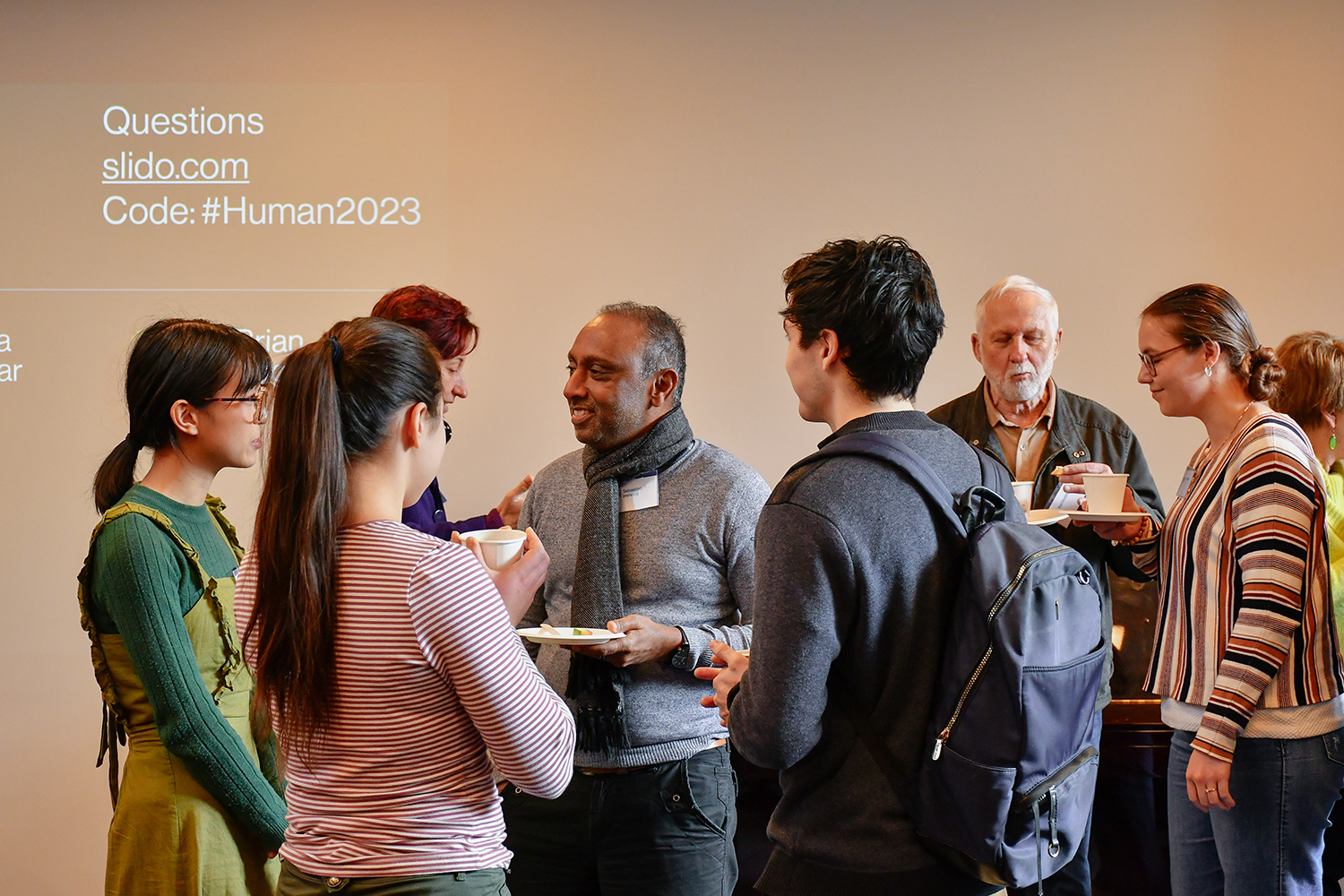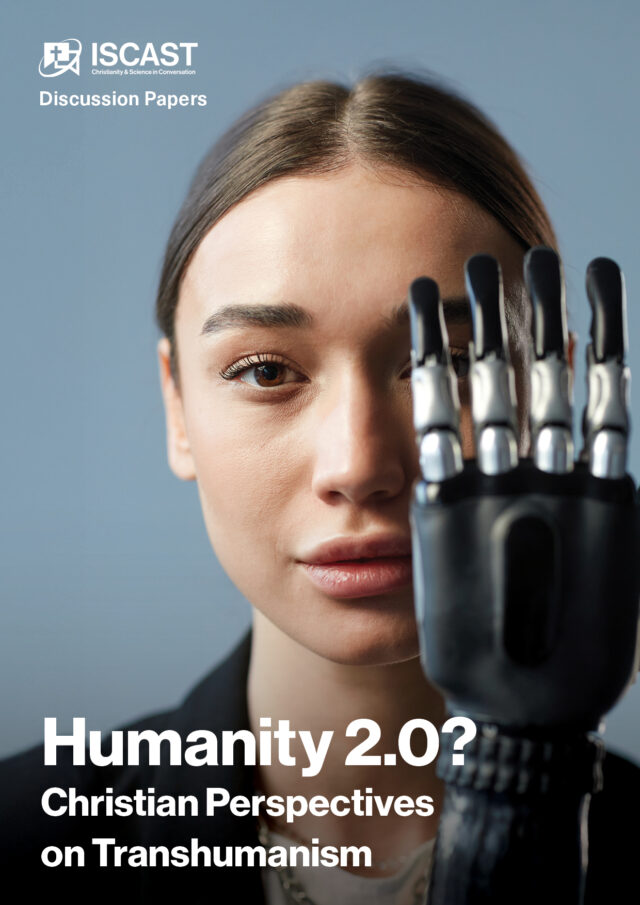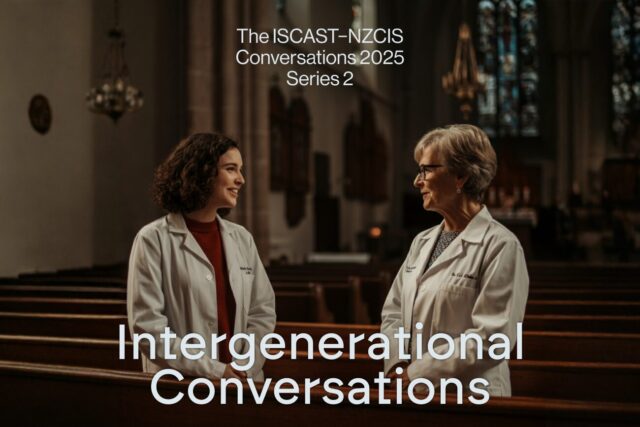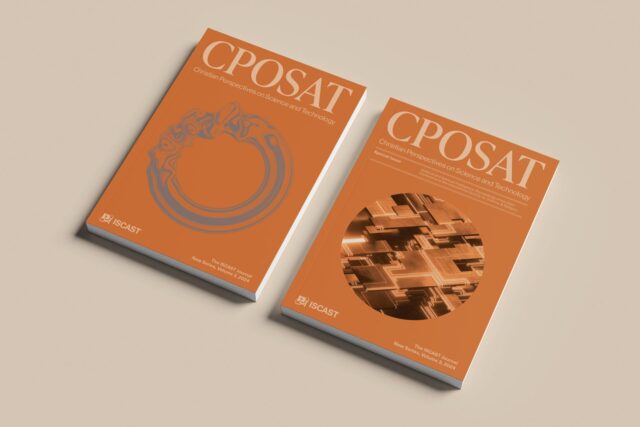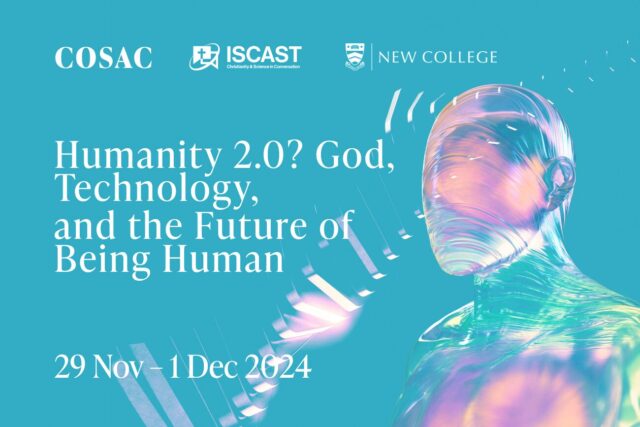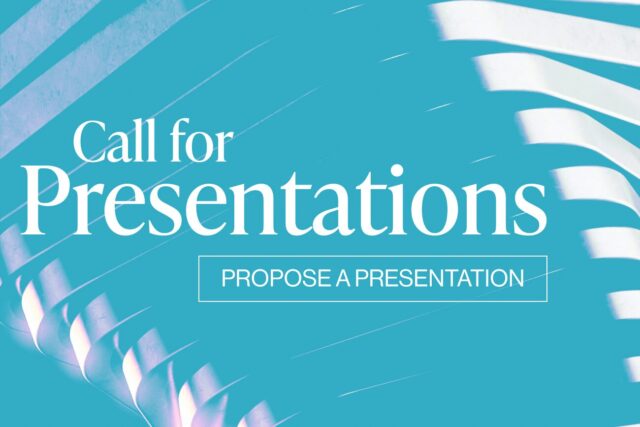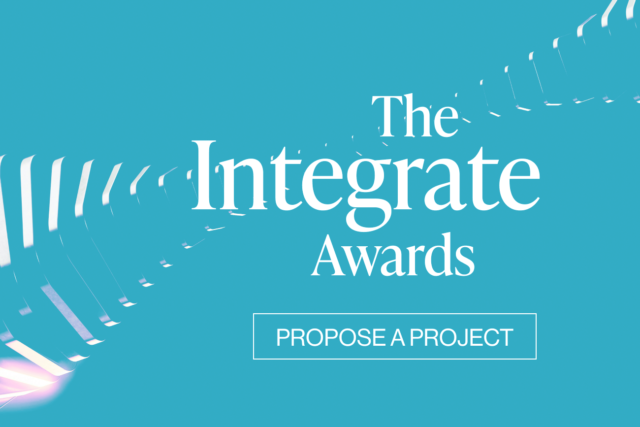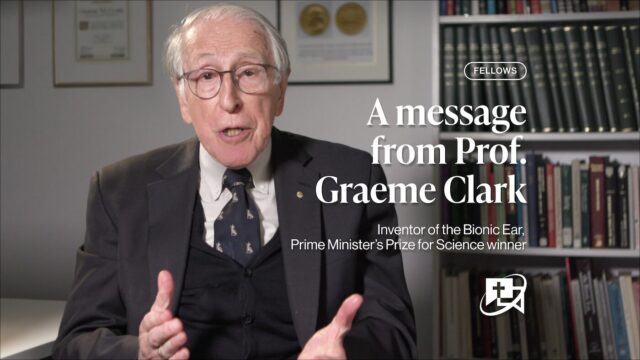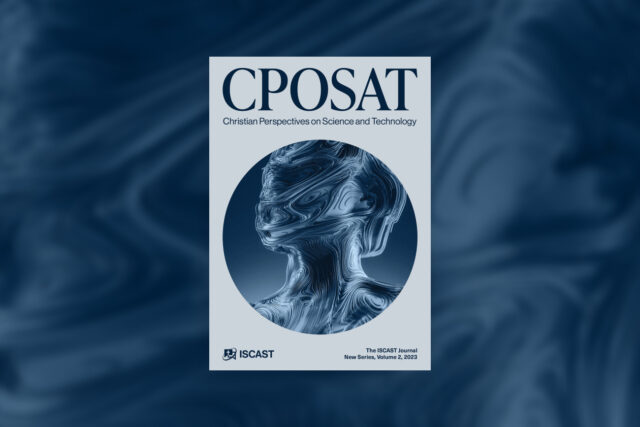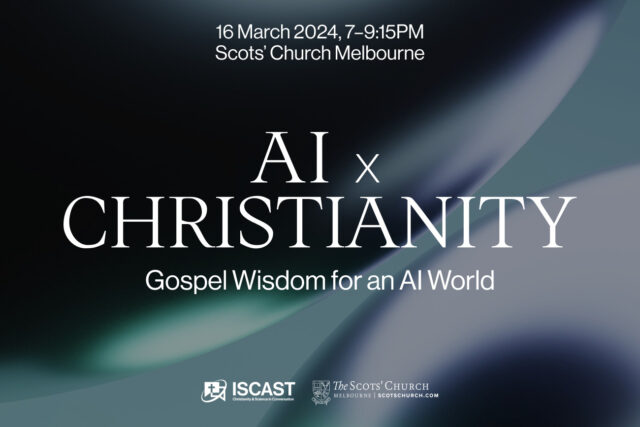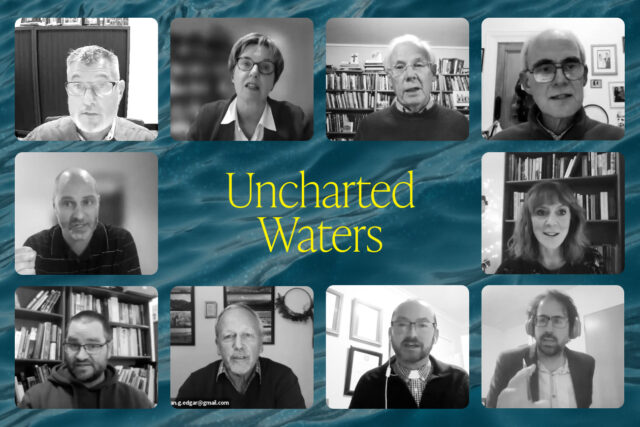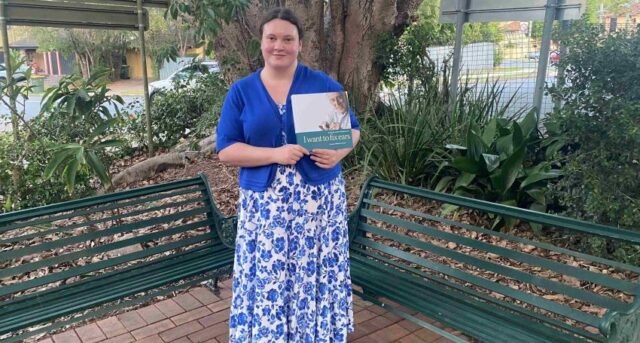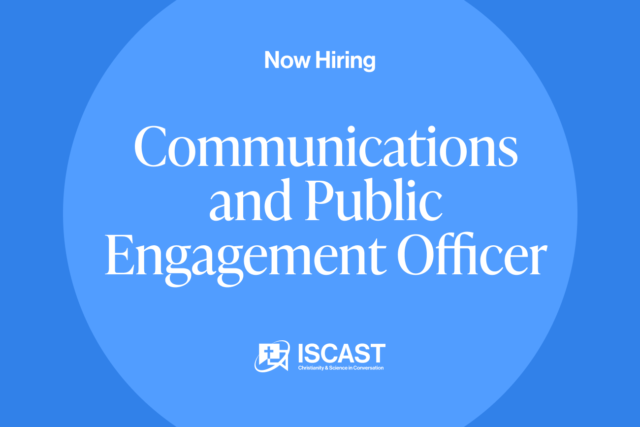
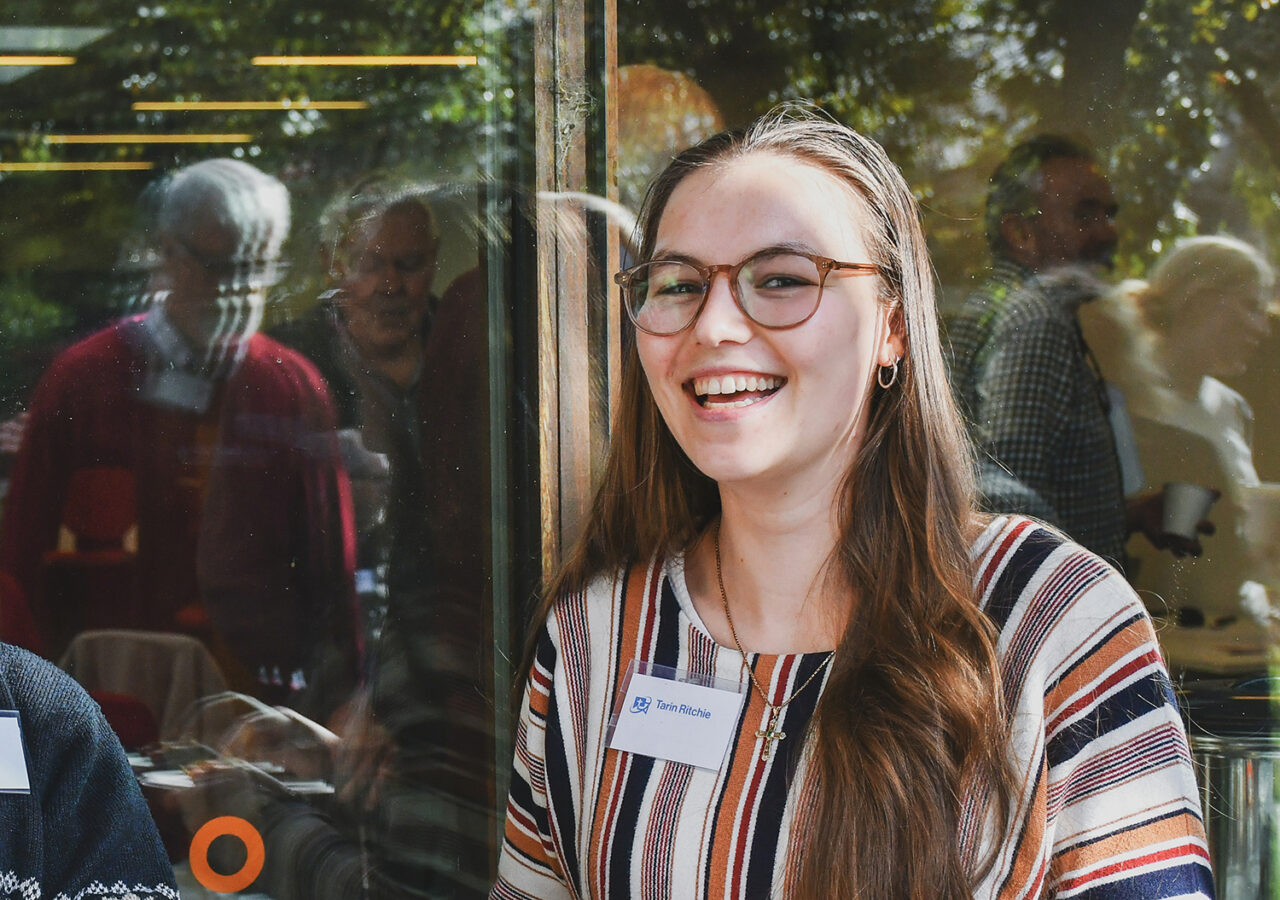
Tarin Ritchie is an associate of ISCAST (Christianity and Science in Conversation) and works at The University of Adelaide on the genetics of the neurodevelopmental disorder, Clustering Epilepsy.
The third week of July 2023 was a milestone not only for my scientific career but also for my faith as a Christian.
The 2023 International Congress of Genetics was the first scientific conference I attended, opening my mind to the great possibilities offered by genetics. Then, the Australian science and faith organisation ISCAST finished this great week with a thought-provoking day conference, The Scientific & Spiritual Human. I was excited to meet other Christians in science and learn more about how they navigate faith and science.
The Scientific & Spiritual Human was subtitled “Faith for our Genetic Futures,” covering discussions on genetics, artificial intelligence (AI), transhumanism, bioethics, and climate change.
A common theme highlighted in all these discussions was the need to care for God’s creation, both humans and the earth. God presents us an opportunity to partner with him in stewarding and renewing his creation ethically and justly, as shown in Genesis 2:15 (CSB) “The Lord God took the man and put him in the Garden of Eden to work it and take care of it.”
A common theme highlighted in all these discussions was the need to care for God’s creation, both humans and the earth.
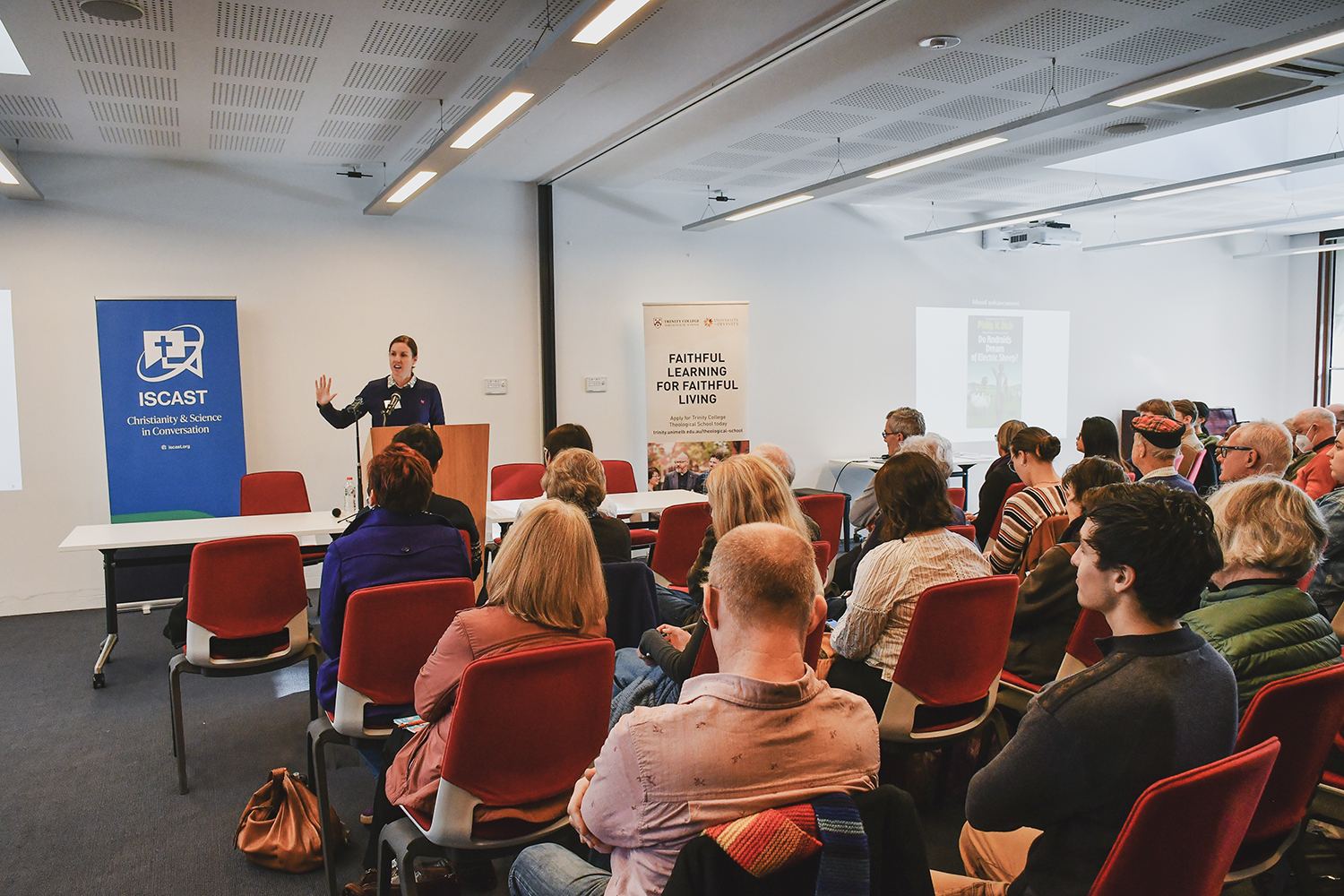
Humans of the Future
In the morning, the first part of the conference, we focused on being “Humans of the Future.”
Firstly, Prof. Phil Batterham highlighted the current discoveries and future directions in genetic technology that can be harnessed to benefit agriculture and human health.
In a recorded interview, Prof. Neil Dodgson encouraged us to see that, while artificial intelligence (AI) presented challenges, there is a positive side; AI tools could benefit the wider community, for example, by having personalised AI tutors for every child, or a doctor using AI to support medical diagnoses.
Next, Dr Victoria Lorrimar shared theological reflections on humans of the future and how transhumanism might align with Christian values.
And lastly, Dr Brian Edgar provided Christian responses to new technologies in a rapidly changing world.
Humans of the Earth
The afternoon was focused on the issue of climate change and was titled “Humans of the Earth.”
Dr Kate Dooley talked about the state of our planet according to climate science, informing us that the highest recorded global surface temperature occurred this year.
Prof. Michael Clarke showed how climate change is a threat to flora and fauna, and how we can respond well as Christians.
Prof. John Wiseman promoted the message of hope and courage in the climate crisis, discussing the need for religious purpose to translate hope into climate action.
Finally, Dr Mick Pope utilised the book of Revelation to motivate Christians to encompass God’s character of compassion, justice, and morality, with practical applications to address climate change.
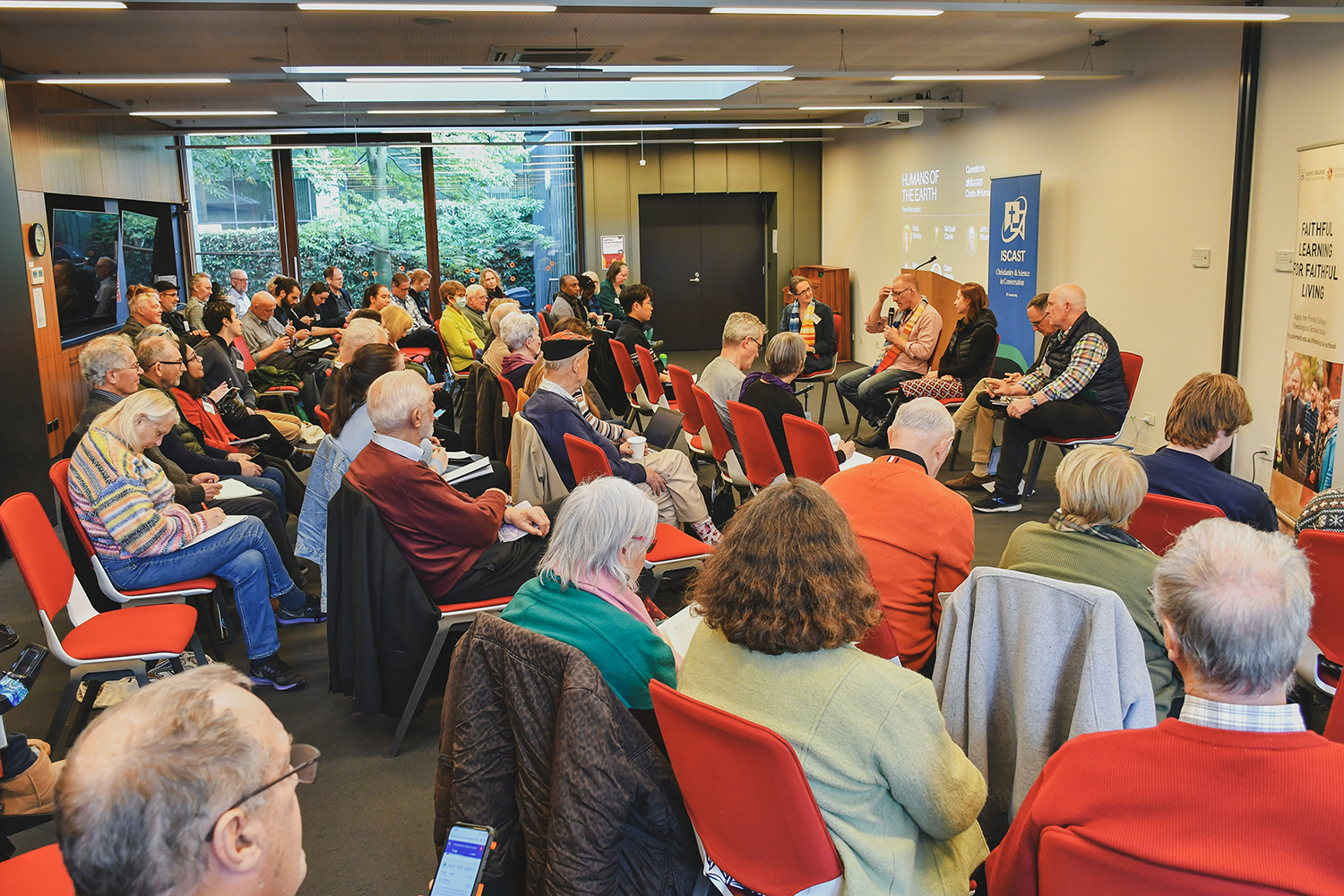
Christians at the Forefront
This conference gave me a unique opportunity to discuss questions on challenging topics with like-minded Christians in a safe space. Although not every Christian is a professional scientist, all Christians are scientists when it comes to seeing and learning about God in nature. I believe ISCAST offers an opportunity to educate the Australian church to be scientists that care for God’s creation.
It was inspirational to see educated Christians engaging at the forefront of today’s biggest issues.
It was inspirational to see educated Christians engaging at the forefront of today’s biggest issues. These people are boldly partaking in the bigger conversation to reflect God’s true justice and ethics being demonstrated in this world.
As Isaac Newton said, “If I have seen further, it is by standing on the shoulders of giants.” These people are the giants I aspire to be like.
Furthermore, Jesus said, “Blessed are the peacemakers, for they will be called sons of God.” (Matthew 5:9 CSB). I believe true peacemakers are those who act to bring heavenly peace through God-driven change.
